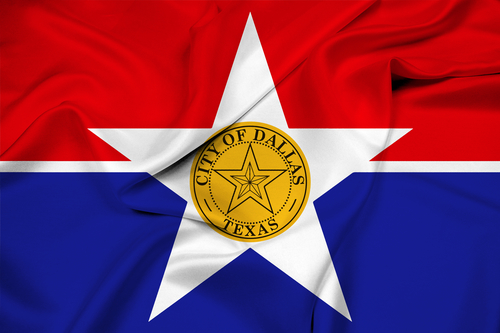
Dallas Ambush: Shock, Loss, Grief- 9 Things to Think About
The traumatic three dark days in July culminating in the horror of the ambush of Dallas police lives now and forever in the hearts of Americans. Preceded by the tragedy of black civilians losing precious lives while being detained, followed by white officers in blue, victims themselves. Their loss, equally precious, at the hands of a mass assassin as they were going about their task of protecting those in immediate danger.
Life for all of them is regrettably cut short, and the whole lives of their families, their loved ones and the lives those of the rest of us who deal with the shock of such horror will be changed forever.
We therapists and counselors leave justice to those beyond our qualifications. We do rise to the horror, loss and grief, particularly, of those directly involved. We stand ready to be of significant help and support.
To the loved ones of the two men shot in Minnesota and New Orleans:
To the loved ones of the five fallen officers:
- Things to think about immediately following a traumatic loss:
- Start gathering your support system around you. You will want to and need to express strong feelings about what happened and how you feel. It isn’t healthy to suppress these urges. Having trusted family and friends around who can listen and share memories will be important now.
- Have a support member start notifying the people who most need to know. It helps to notify those who can easily contact others for you. Some people will need to be notified in person.
- Identify those in your support system who will be responsible for protecting your privacy from the media. You will be approached by reporters. Determine how you will deal with their questions. Decide if you will watch the news coverage or not. You may want to record news for a later time.
- Try to get some rest and think about your own health. Contact a family doctor, grief counselor, and clergy. Get time off from work if possible. You will be easily distracted. Be very careful driving now.
- Do not try to maintain an appearance of false strength. Be honest with others about your feelings. Nobody expects as much from you as you do right now.
- Know that everyone grieves differently.
- You will experience physical and emotional symptoms of grief beyond your control. Be prepared for them.
- Try to eat, get rest and even walk a bit if possible.
- Don’t let people take advantage of you now.
(griefspeaks.com)
To the families and colleagues of the fallen police officers: Take advantage of the on-site support available at the department where they served- their therapists, counselors and their fellow officers and families who share innermost feelings that outsiders cannot possibly comprehend.
To the families of the two civilians, run, don’t walk to a trusted counselor, religious confidant or trained therapist/counselor. Begin the healing as best you can.
A special word to the injured Dallas officers:
Says Badge of Life chairman Ron Clark, “This is one of the most dangerous psychological jobs in the world,” he said. “We have a nation of ill-educated chiefs, sheriffs, commissioners who don’t understand PTSD/mental health.” He estimates that one in eight officers has PTSD symptoms”.
“Many cops fear that admitting to PTSD will make them appear weak, but that isn’t the only reason they avoid talking about it”.
“They also fear getting fired or passed over for promotion, said state Rep. Jonathan Singer, D-Longmont, Colo.”
“And cops are good at hiding the turmoil”, Clark said. He thinks every officer should be required to have a mental checkup annually.
(TOM MCGHEE | tmcghee@denverpost.com, June 18, 2014 at 3:12 pm | UPDATED: April 27, 2016 at 5:48 am)
Officers:
While we understand your reservations (stigma) about openly seeking help, this is where fellow mental health practitioners such as Counseling on Demand come in. We are online at CounselingonDemand.com where you can connect in your private, secure and confidential situation away from prying eyes.
We are only a click away.
To all: We at Counseling on Demand offer counseling to all the grief-stricken.